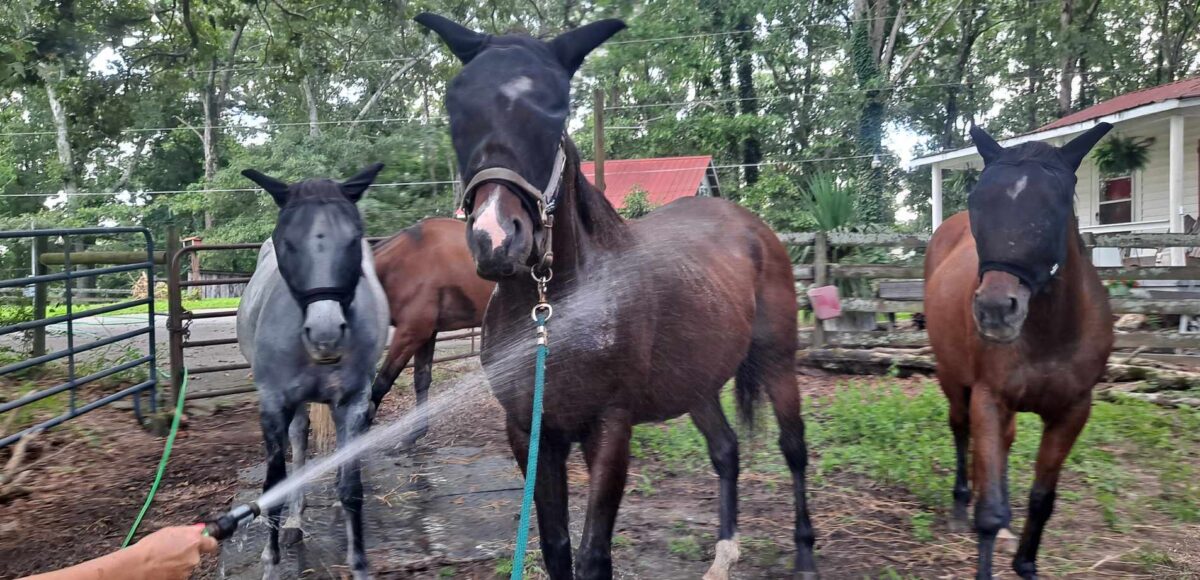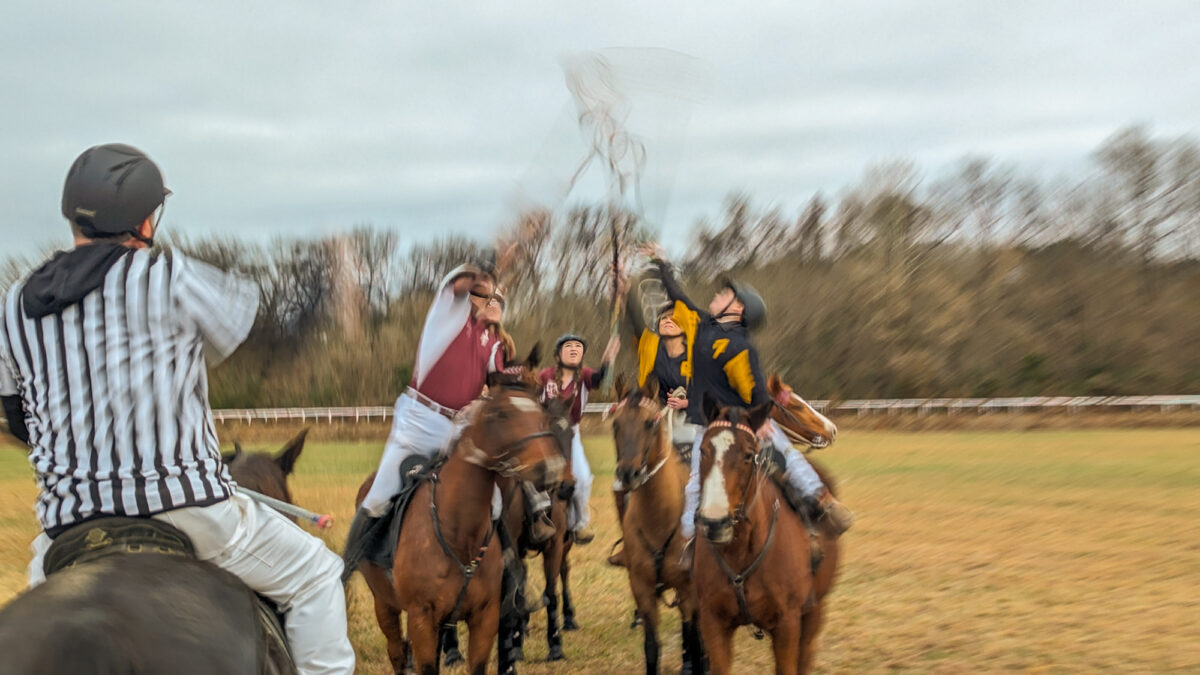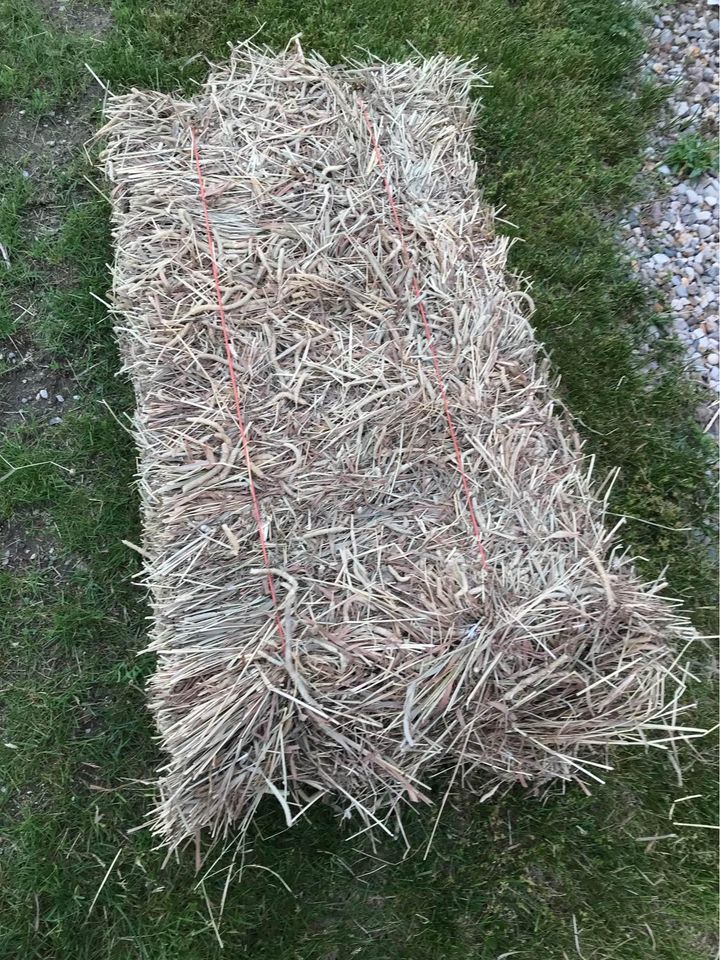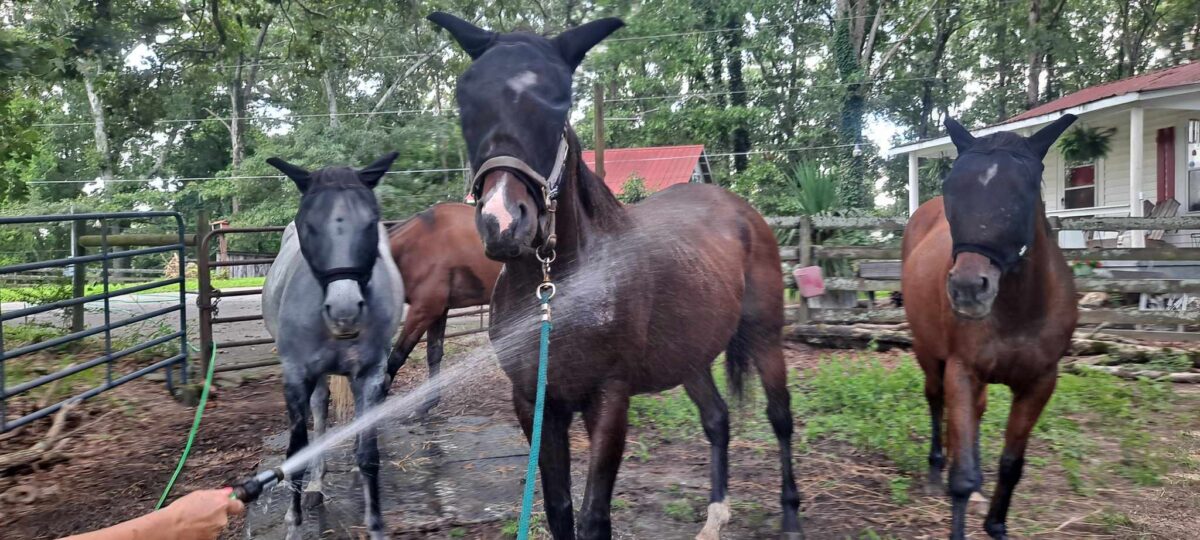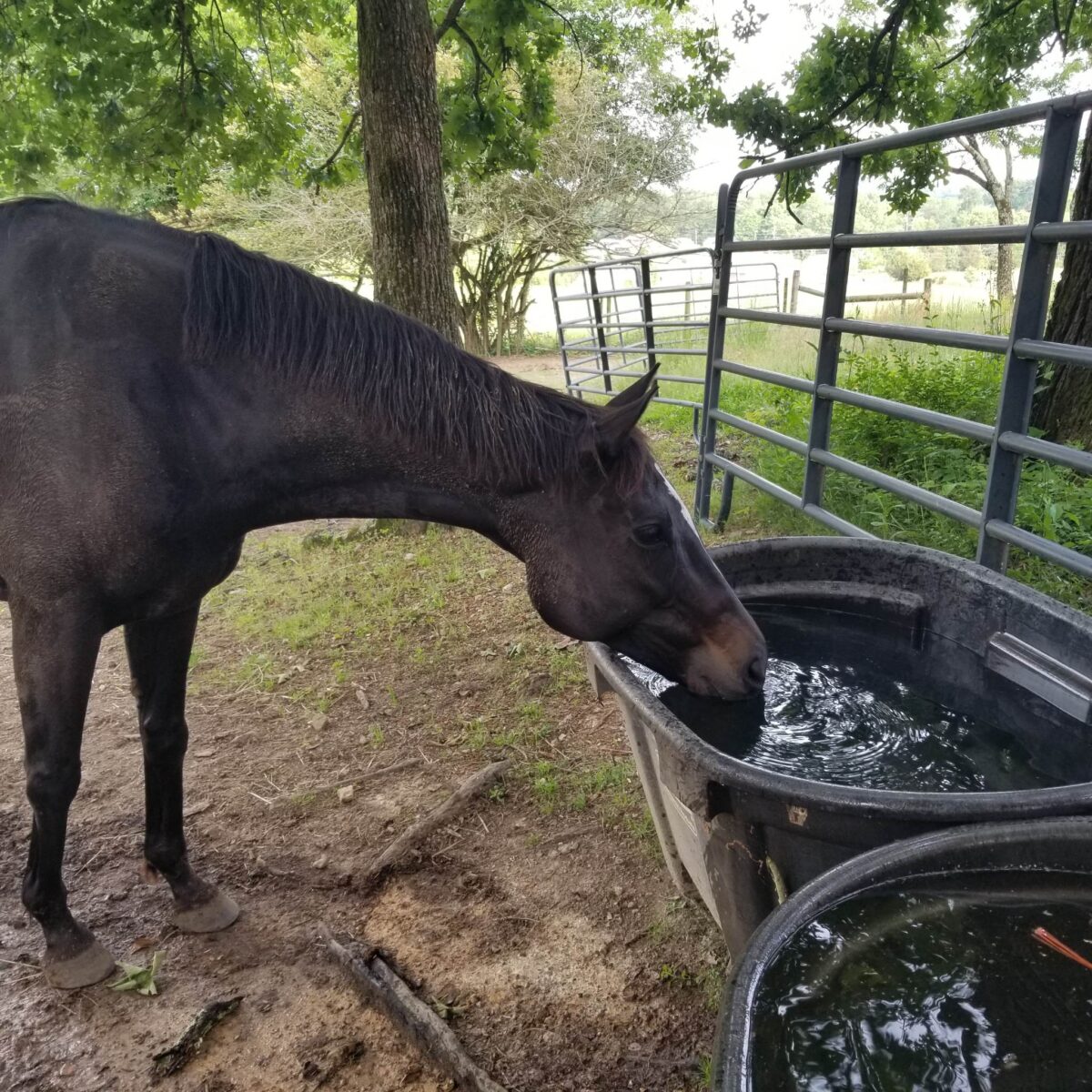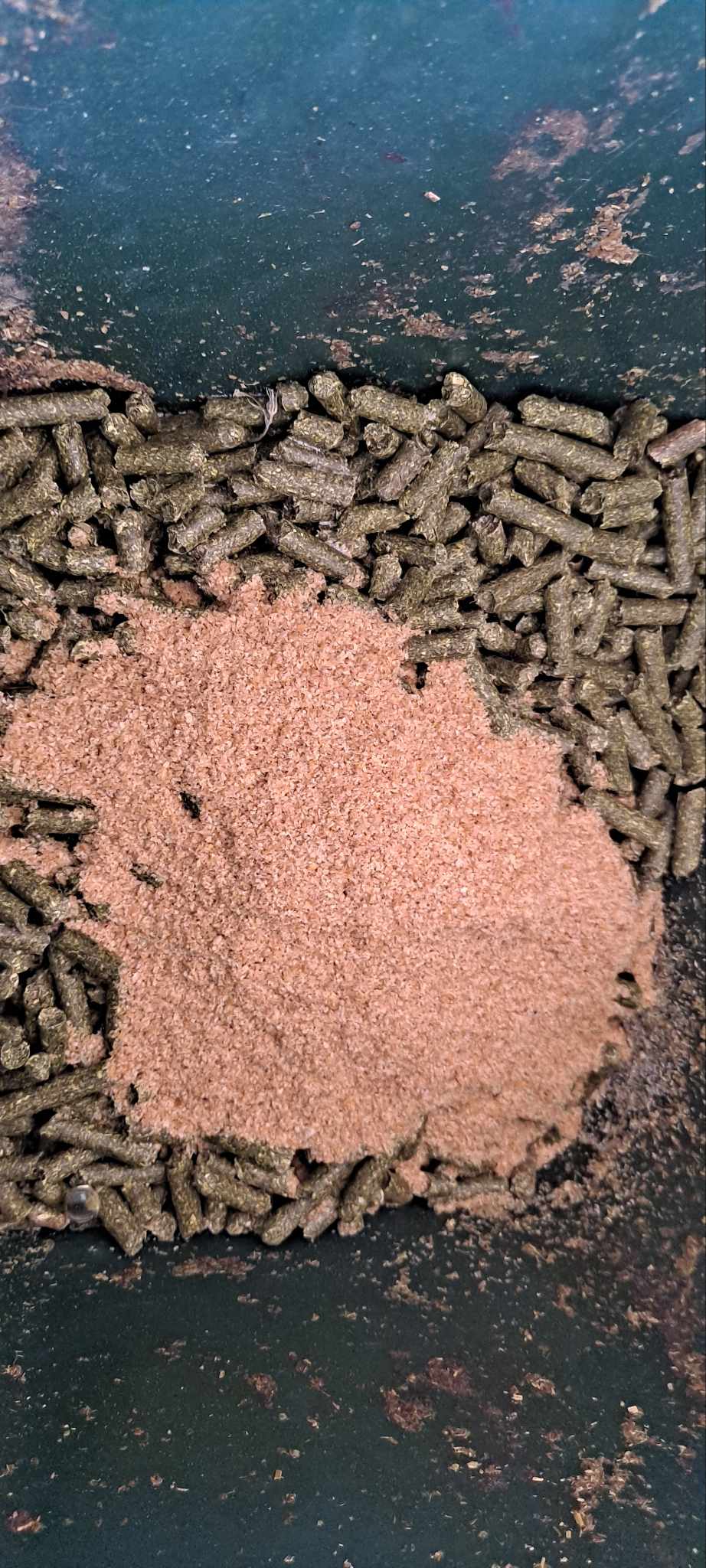Determining when it’s too hot to ride your horse depends on various factors, including the horse’s individual tolerance, fitness level, and the prevailing weather conditions. Horses can be sensitive to extreme heat and humidity, and riding in excessively hot weather can pose health risks to both the horse and the rider.
Here are some guidelines to help you decide when it might be too hot to ride your horse:
- Temperature and Humidity: High temperatures combined with high humidity can make it challenging for horses to dissipate heat efficiently. As a general rule, if the combined temperature and humidity (known as the heat index) are above 150, it’s advisable to reconsider riding or significantly reduce the intensity and duration of the ride.
- Fitness Level: A well-conditioned and fit horse may tolerate heat better than one that is not in optimal shape. Horses in good physical condition are better equipped to handle the demands of exercise in hot weather.
- Time of Day: Consider riding during the cooler parts of the day, such as early morning or late evening, when temperatures are generally lower. Avoid riding during the peak heat of the day, typically between 11 a.m. and 3 p.m.
- Shade and Airflow: If you choose to ride during warm weather, seek shaded areas or well-ventilated riding arenas to provide some relief from the heat. Adequate airflow can help the horse dissipate heat more effectively.
- Hydration: Ensure that both you and your horse stay adequately hydrated before, during, and after the ride. Offer your horse water frequently, and pay attention to signs of dehydration.
- Watch for Signs of Overheating: Be vigilant for signs of overheating in your horse, such as excessive sweating, rapid breathing, increased heart rate, stumbling, or lethargy. If you notice any of these signs, dismount and provide your horse with immediate rest and access to water.
- Know Your Horse: Every horse is different, and some may handle heat better than others. Be attuned to your horse’s individual needs and reactions to the weather.
Remember that rider safety is essential too. Riding in extreme heat can be physically demanding for both you and your horse, increasing the risk of heat-related illnesses for both of you.

